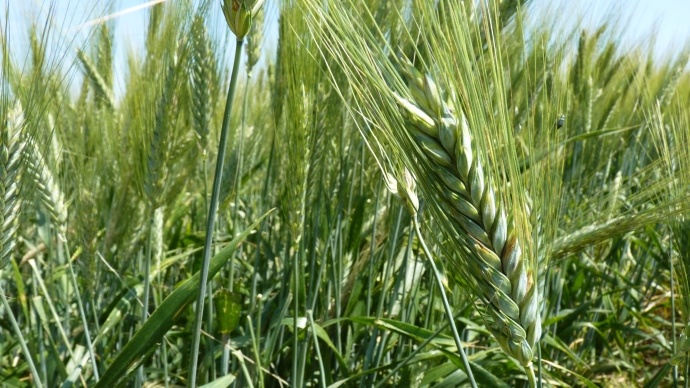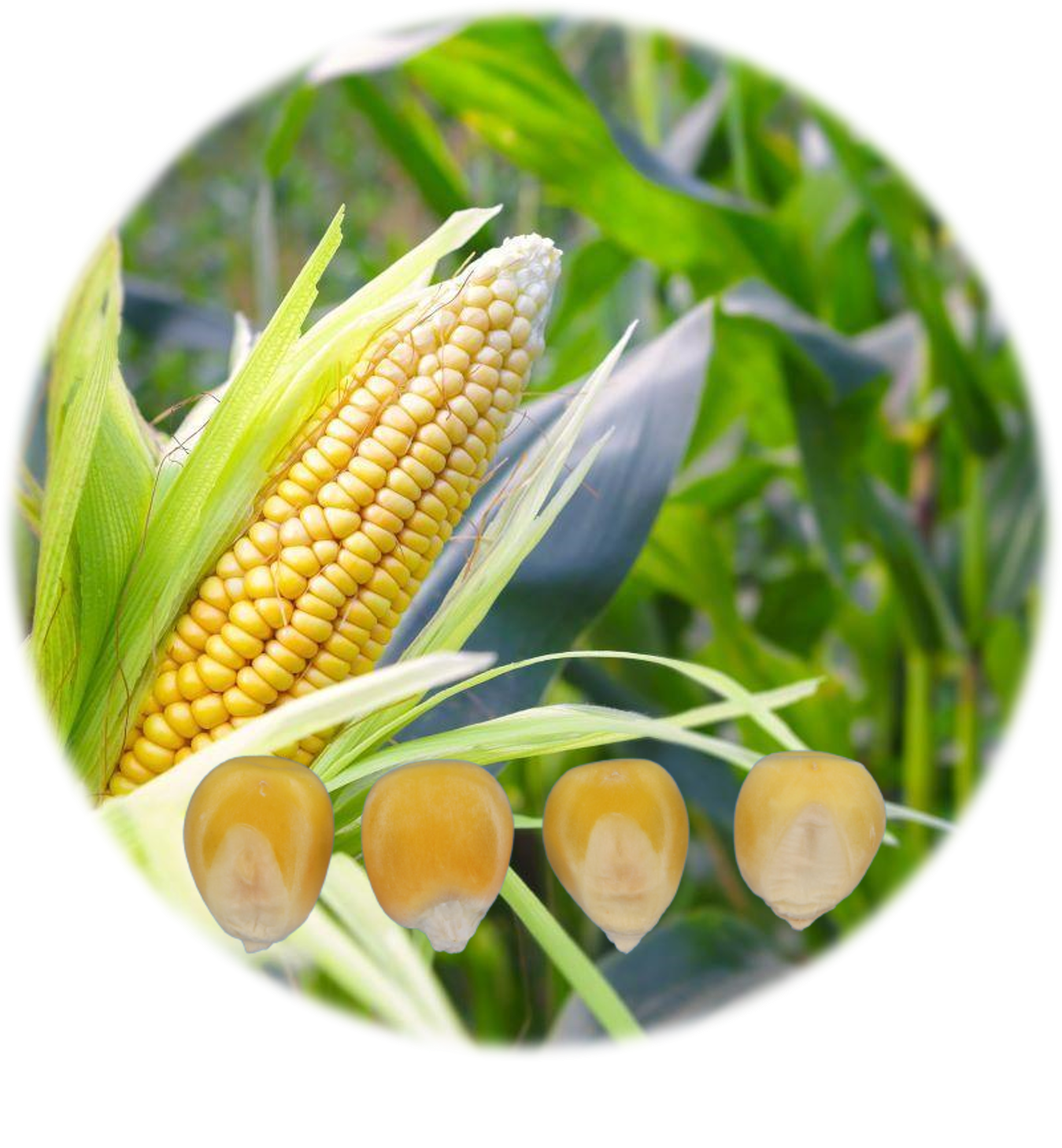The French Catalogue and Results for the Plant and Seed Sectors
Data acquired during technical examinations for registration is primarily used to provide the necessary technical information for the decision of registration in the French Catalogue. This data can also be widely used in other contexts. It is diffused in summary form in the VCUS results documents available on this website. It is also promoted through the Continuum for variety testing and through research projects.
The Catalogue and results from tests carried out for registration
The French Catalogue provides a list of registered varieties with administrative data (list, year of registration, breeder, maintainer). On top of this, it provides access to results of the tests carried out to assess the value and description of a variety.
Once a variety has been registered, its end users have access to reference information on the variety acquired under French conditions over 2 years. This data is published in the documents “VCUS results”, where for each species all varieties registered in one particular year are compared to reference varieties. These documents are produced by the relevant CTPS Section, or even before the official registration by the Ministry of Agriculture (publication of the Registration Decision) in order to speed up the release of information on the varieties. VCUS results are available on our website for all varieties concerned, via “Search the French Catalogue”.
The continuum for variety evaluation
A variety is evaluated throughout its lifetime, first by plant breeders, then when it is registered in the catalogue, and then post-registration by research institutes, end users, farmers and industrial users.
Post-registration studies carried out by research institutes help to enhance our understanding of varieties. Their study networks offer a vast range of testing locations, allowing for a better appreciation of the varieties’ adaption to different regions. They are also able to further specify a variety’s characteristics, for example the technological value of wheat. It is important to use the most recent information, as a variety’s disease resistance could be circumvented due to changes in disease races.
Other uses for data acquired during registration tests
The data acquired by the CTPS offers a wealth of information that can be used to foster knowledge production. It is used by GEVES to calculate the genetic progress brought about by the registration of new varieties, to plot the evolution of registration rules over time, and to measure the impact of registration rules.
Researchers at INRAE also use this information to increase their dataset for testing models and quantify the impact of climate change on the growing rate of crops.




